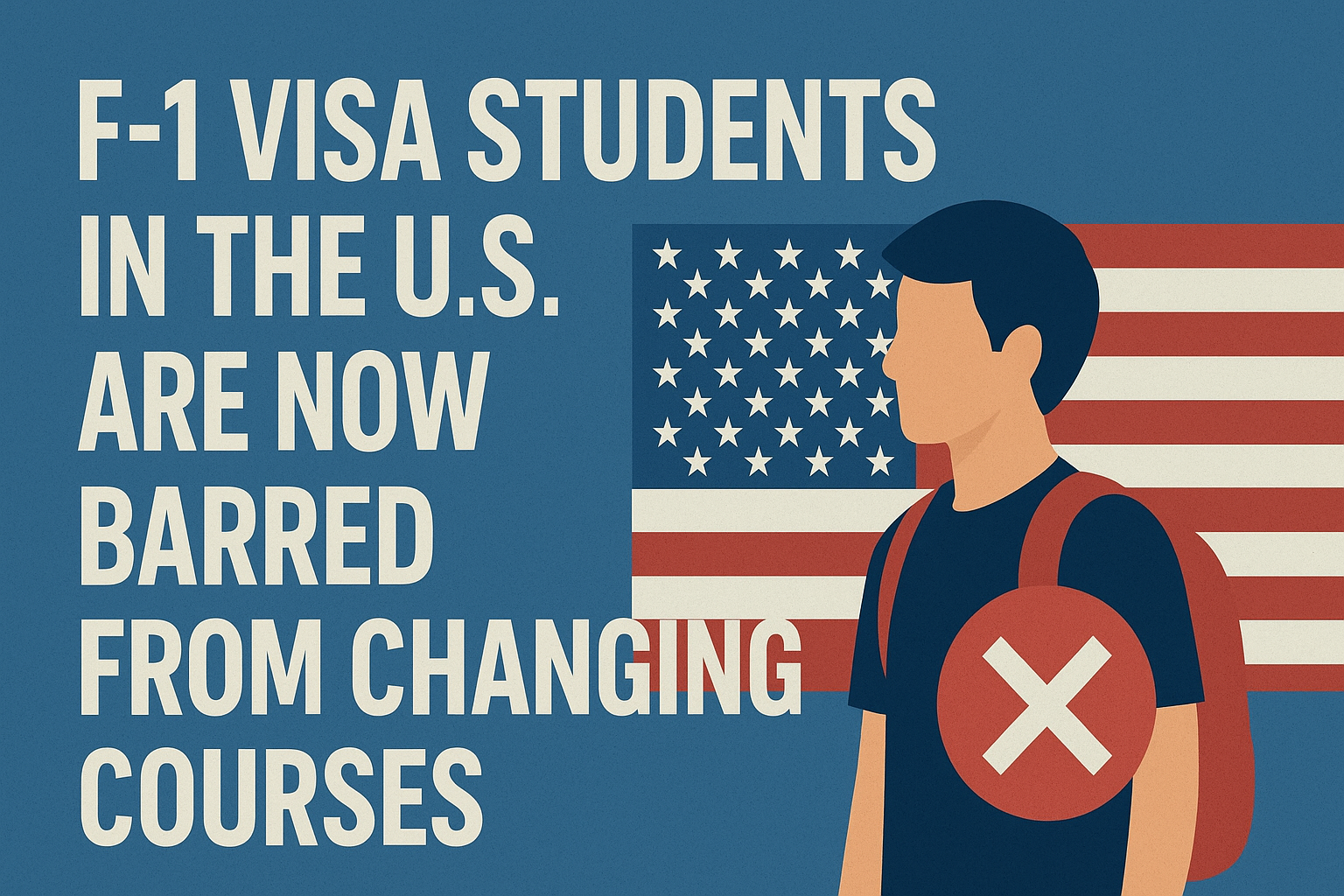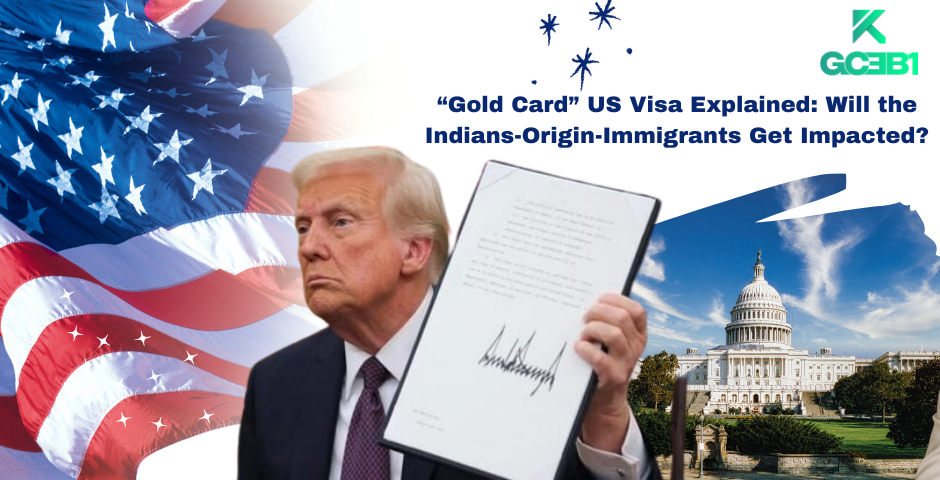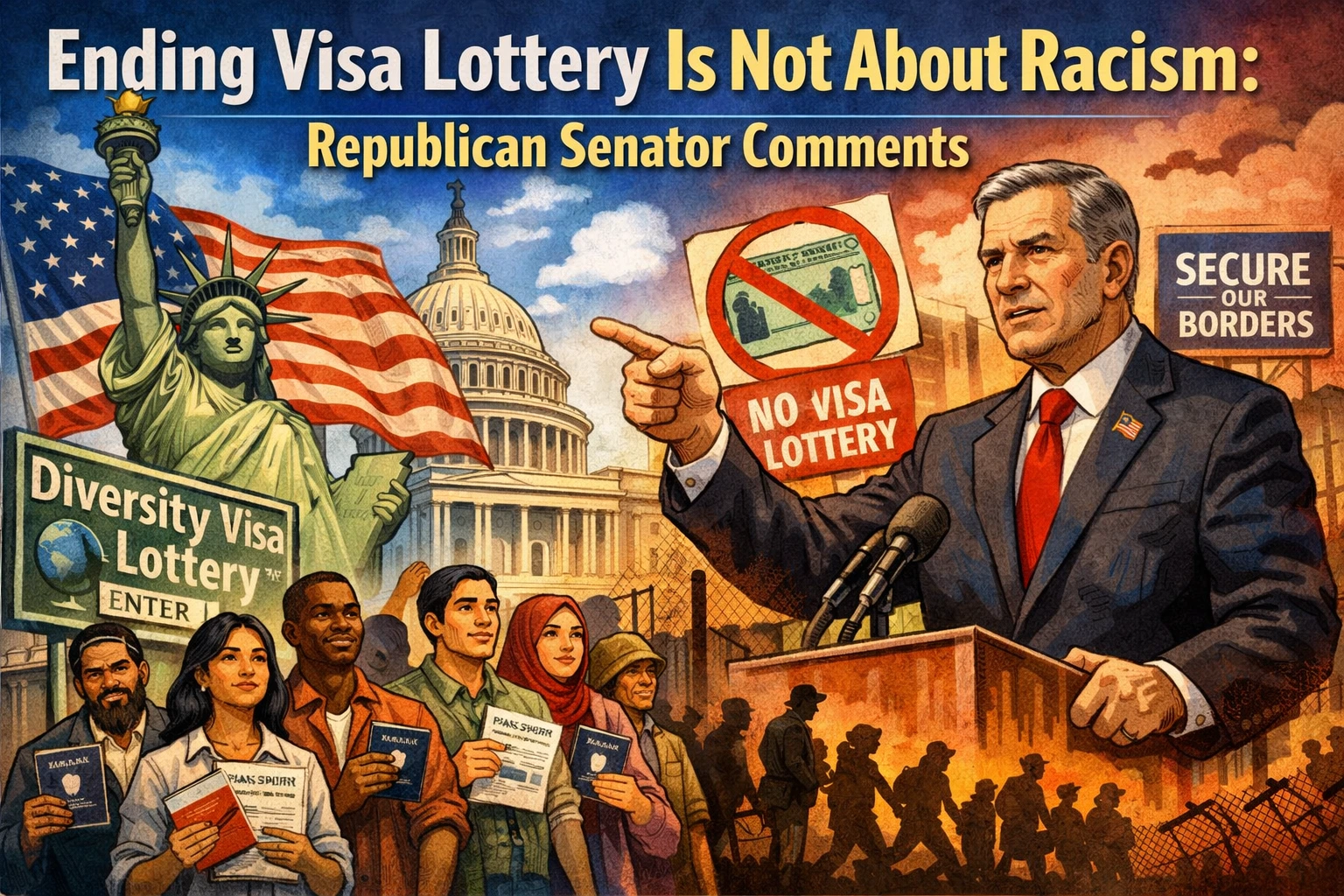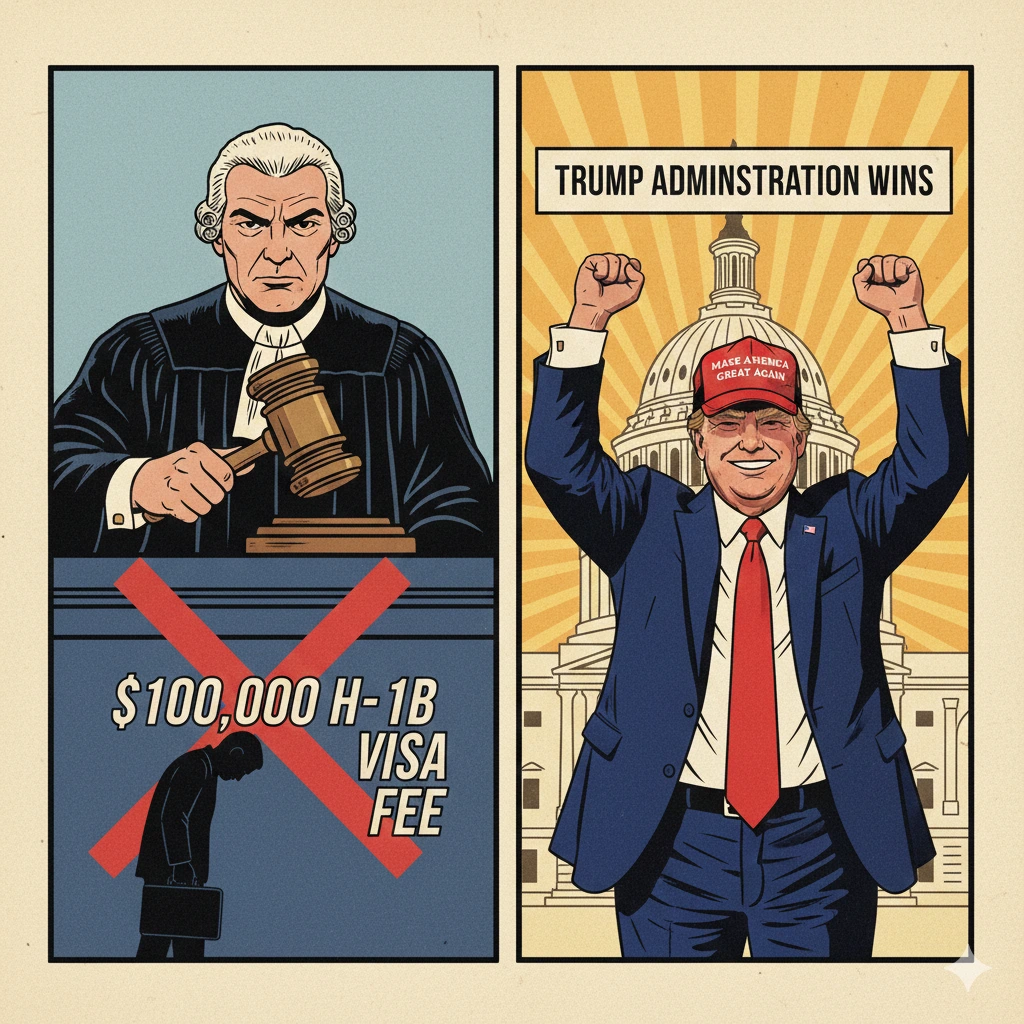F-1 Visa Students in The U.S. Are Now Barred From Changing Courses

The F-1 visa students are set to face yet another new restriction, as the freshly admitted students will no longer have the privilege of transferring universities or changing courses immediately. They can only indulge in the changes after completing one year of study. So, this implies that the new arrivals will no longer be able to transfer to the university or change the course immediately. The rule is expected to be fully in action within the next 30 to 60 days. In all likelihood, the rule will affect the Indian students who will get admission during August-September, i.e., the Fall admissions. Here is our breakdown of the entire scenario.
What's changing and why it matters
Traditionally, students admitted through the F1 student visa pathway have had the freedom to adjust their academic trajectory without jeopardizing their visa status. The proposed regulation aims to eliminate that flexibility. The new revision will compel the first-year undergraduates to remain in their initial field unless exceptional circumstances (like a school closure or natural disaster) are recognized by the Student and Exchange Visitor Program (SEVP).
DHS justifies this restriction as a vehicle for reinforcing program compliance and administrative control. However, critics argue that it undermines academic exploration and restricts students' ability to pivot as they refine their career goals or encounter educational misalignments.
Fixed stay periods and shortened grace periods
The new regulation doesn’t only restrict course flexibility, it also proposes replacing the current “duration of status” (D/S) system with fixed admission periods. This change will go hand in hand with capping stays for F1 visa holders at a maximum of four years, irrespective of program length. Moreover, the grace period post-completion would be trimmed from 60 to 30 days, a change that significantly tightens departure timelines.
For graduate students, the restriction goes even further: they would be barred from changing programs or educational objectives at all while under an F1 student visa status.
What does this mean for Students?
- Higher anxiety in academic planning
Incoming students often choose an institution before fully settling on a major. This policy leaves little margin for adjustment within the first year. - Greater risk of overstay or unlawful status
With the shortened grace period and fixed stays, students already on tight schedules may struggle to complete extensions in time. This could, in turn, increase the risk of status violations. - Increased bureaucracy and costs
Renewal or extension now involves USCIS procedures, potential biometric appointments, and added fees. - Institutional disruption
Academic advisors and international student offices may face more complex support scenarios, as they will need to navigate the tighter rules on behalf of students.
Relevance to J-1 visa applicants as well
While the new rule zeroes in on F1 visa holders, it is part of a broader overhaul affecting J-1 visa application processes as well. The J-1 exchange visitors fall under a similar fixed-stay model, also capped at four years. This underscores a broader tightening of U.S. non-immigrant student and exchange policies.
FAQs: Context and reflections
Q: Are these rules already in effect?
No, they are currently proposed changes and have been published as a Notice of Proposed Rulemaking (NPRM). Final implementation would depend on public comments, potential revisions, and formalization by DHS.
Q: Can exceptions be made?
Yes, but only under limited conditions like institutional closure or natural disasters, and only at SEVP’s discretion.
Q: Should students change their visa approach?
If they are looking for flexibility, students may wish to explore alternatives like the J1 visa application route, but bear in mind, J-1 also falls under the fixed-stay proposal and comes with its own requirements, such as the two-year home residency rule.
The proposed policy shifts represent a reversal of long-standing flexibility afforded to F1 student visa holders in the U.S. As potential applicants or their advisors, you should actively monitor updates to the rulemaking process. Early planning, careful university selection, and clarity on academic paths have become more critical than ever. Stay tuned to our blog page to get timely updates on all immigration news.
Further readings:
- US ends 'Duration of Status': What the new fixed visa rules mean for F-1, J-1, and I holders
- US bars F-1 students from switching courses in first year: What international students need to know
- Trump administration moves to tighten duration of visas for students and media
- New US rule bars student visa holders from changing courses in first year
- US student visa: How the new fixed stay rule could impact international students
- F1 Visa Regulation Proposed Rule Changes 2025
- Establishing a Fixed Time Period of Admission and an Extension of Stay Procedure for Nonimmigrant Students (Federal Register)
- Trump Deals a New Immigration Blow to International Students (Forbes)
- J-1 Visa – Wikipedia






.webp)


.png)

.png)
.png)

